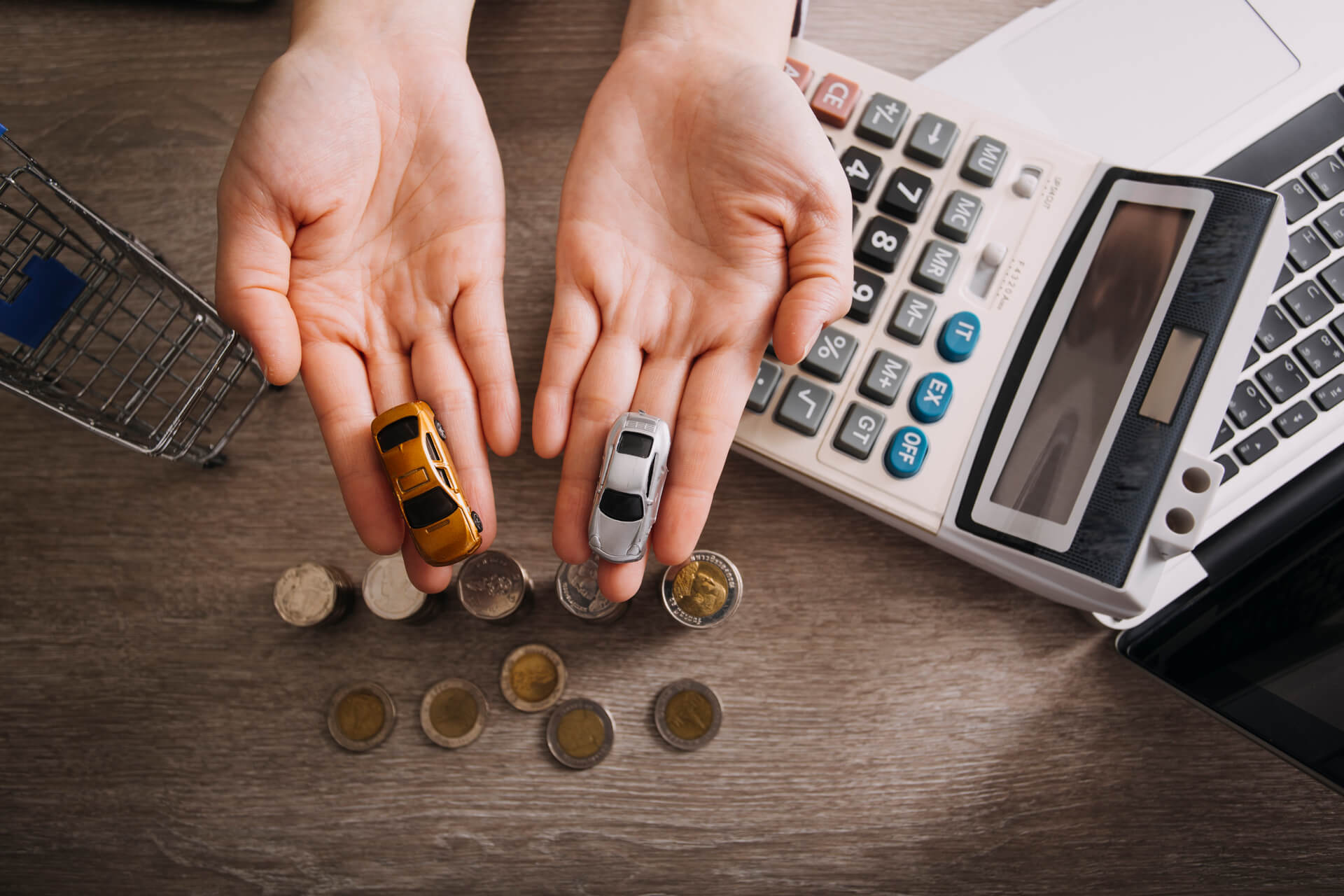
What Happens to Your Coverage During a Policy “Gap” — Even if It’s Just One Day?

by Erin Anderson
It's easy to assume that letting your car insurance lapse for a day or two isn't a big deal — especially if you're between policies, waiting for payday, or simply forgot to renew. But even a single day without coverage can have bigger consequences than most drivers realize.
From higher rates to legal penalties, here's what really happens when there's a "gap" in your auto insurance — and how to prevent one from costing you.
What Is a Policy Gap, Exactly?
A "policy gap" means there's a period — even as short as one day — when your car isn't covered by an active insurance policy.
It usually happens when:
- You forget to renew your policy before it expires.
- You switch insurance companies and the new policy starts later than the old one ends.
- You cancel coverage on a vehicle you still own.
- A payment fails or is delayed, causing your insurer to cancel automatically.
No matter the reason, that break in coverage can trigger a chain of issues that go beyond simple inconvenience.
You're Legally Uninsured — Even for One Day
In most states, driving without active insurance — even for a few hours — is illegal.
If you're pulled over or in an accident during that time, you could face:
- Fines or penalties for driving uninsured
- License suspension (until you provide proof of new coverage)
- Towing or impound fees if your car is taken off the road
- SR-22 requirements, which mark you as a "high-risk" driver
Those consequences can follow you for years — and they can make your next policy significantly more expensive.
Your Premiums Could Jump — and Stay Higher
Insurance companies view continuous coverage as a sign of responsibility. A gap, even a brief one, suggests risk.
That means when you go to buy or reinstate coverage, your new premium could be 10–30% higher than it would've been otherwise.
Why? Because from your insurer's perspective, a lapse implies uncertainty — maybe financial instability, or the possibility that you drove uninsured. Even if that's not the case, the system flags it the same way.
You Have No Protection During the Gap
It sounds obvious, but it's worth emphasizing: if something happens while your policy is inactive — even if it's just for a few hours — you're on your own.
That includes:
- Accidents (even if someone else is at fault)
- Theft or vandalism
- Storm, fire, or falling-tree damage
No coverage means no payout. And since liability insurance covers damage you cause to others, you could be on the hook for thousands — or more — in damages and legal fees.
How to Avoid a Lapse in Coverage
The good news: policy gaps are easy to avoid with a few simple habits.
1. Set reminders for renewal dates.
Most insurers send notices, but adding your own reminder ensures you don't miss
one.
2. Overlap new and old policies by a day or two.
If you're switching companies, start the new policy before canceling the old one.
3. Double-check payment methods.
Expired cards or failed auto-payments are a common cause of unintentional lapses.
4. Don't cancel early — even if you're not driving.
If your car is parked or stored, you can reduce coverage to "storage only" instead
of canceling entirely.
What to Do If You Already Have a Gap
If your coverage has already lapsed — even briefly — here's what to do right away:
- Contact your previous insurer to see if they'll reinstate the policy.
- Shop quickly for new coverage (the longer the gap, the worse the impact).
- Avoid driving until your new policy is active.
Some insurers may forgive a very short lapse, especially if it's under 24 hours and you've had a strong payment history. But the key is to act fast.
The Bottom Line
Even a one-day gap in your car insurance can have long-lasting consequences — from fines and higher premiums to financial exposure if something goes wrong.
Keeping continuous coverage is one of the simplest ways to protect your car, your wallet, and your driving record.
👉 If your policy is set to expire soon, take a minute to confirm your renewal date or compare quotes now. A few minutes today can save you hundreds (and a lot of stress) down the road.